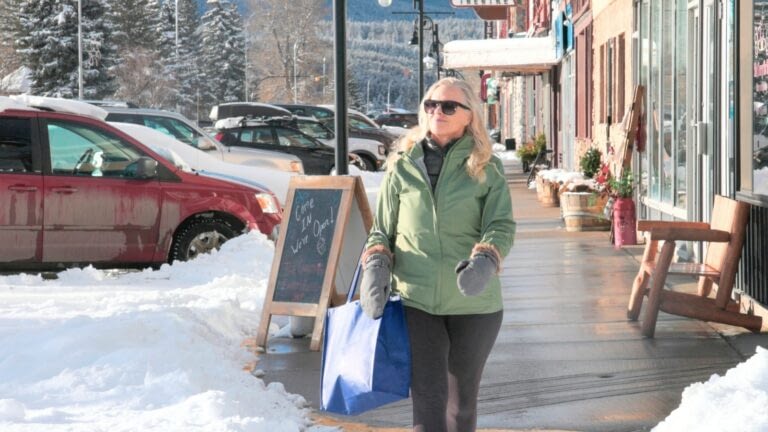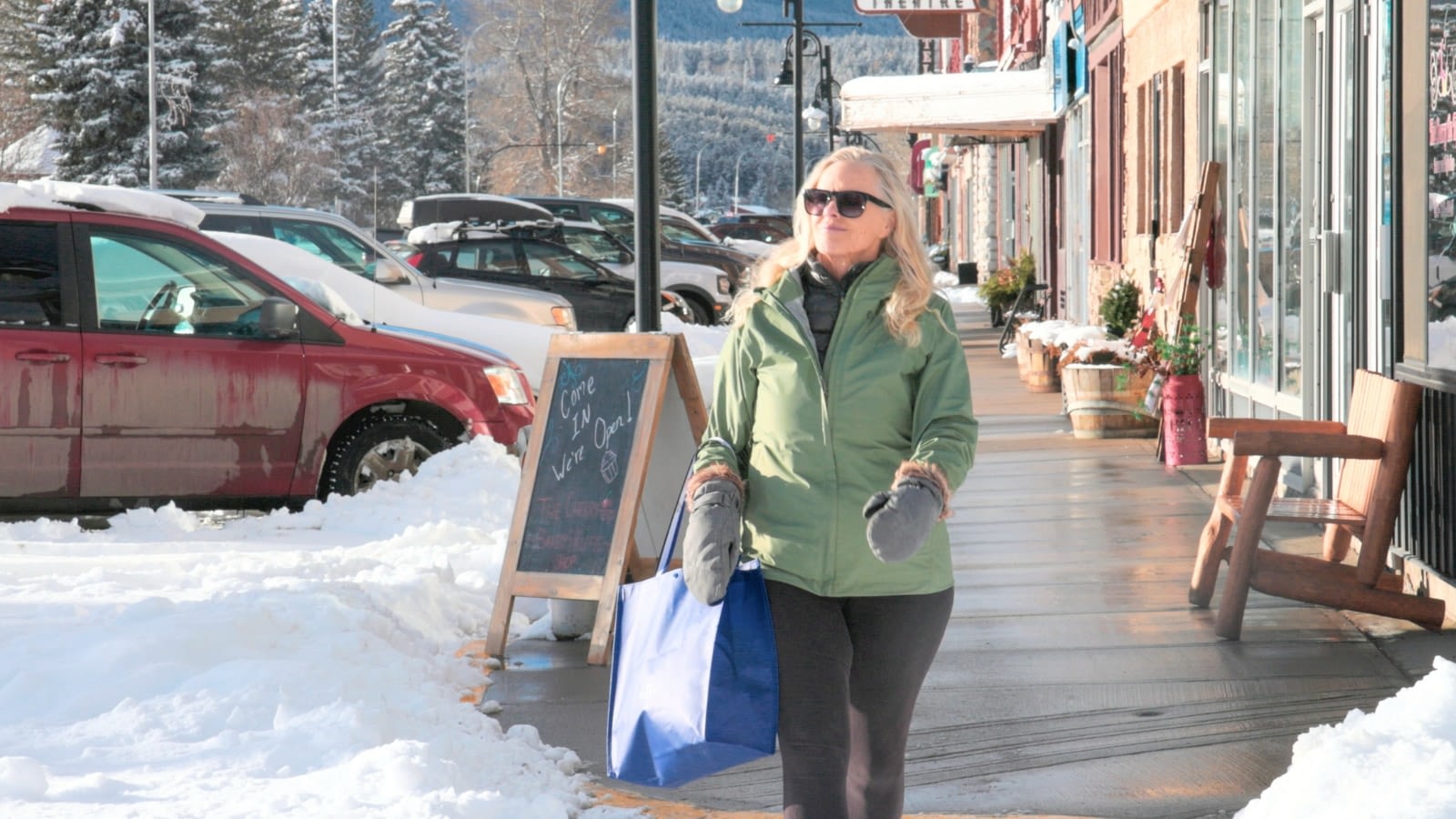Winter Weather Preparedness for Small Businesses


Winter weather can take a heavy toll on small businesses. The risks posed by storms, slippery walkways, and power outages can lead to financial losses. Taking steps to prepare your company and employees for the winter season can minimize business disruptions and claims filed for slip-and-fall accidents.
The best overall advice is to be proactive. Evaluate any risks on the property to determine where problems could arise and resolve any issues. While you know your business, here are some common areas for a winter weather preparedness plan.
Employee Safety and Communications
Create a Winter Communications Plan
Get your team on a group text or chat so that when storms hit, you have a coordinated method of informing all personnel regarding whether your business will be operating that day, so employees are updated on changes in business operations and delivery times during storms or other inclement weather.
Train Your Staff for Cold Weather Safety
If your work is outdoors, train staff to identify the symptoms of illness, frostbite, and hypothermia and what to do when these symptoms are observed. Training should include preventing these emergencies by dressing appropriately for the weather and taking regular warming breaks.
Stock a Storm Emergency Kit
Prepare for the possibility that staff and customers could have to shelter on-site in the case of a severe weather event. A standard emergency kit should include the following items:
First-aid supplies
Blankets
Non-perishable snacks
Bottled water
Flashlights and extra batteries
Phone chargers or power banks
Battery-powered radio
Public Information and Wellness
Keep Customers Informed
The storm season comes with unpredictable hours of operation. Ensure you have a communications plan to let your loyal customer base know what to expect in extreme weather. You can use social media or email blasts to keep employees, customers, and clients informed. Publicizing any storm-related closure times increases trust with customers and employees.
Prevent Snow and Ice Hazards
Keep your business safe and accessible by regularly removing snow and ice from walkways and entrances to your property. Salt can be put on sidewalks before a storm; snow melts faster and is easier to remove. After a storm, sand can help increase safety in icy areas. For rainy days, place anti-slip mats at entrances for added protection.
Property Protections
Prepare for Outages and Delays
When the wind and snow kick up, power outages and shipping delays are to be expected. If you are prepared, you can make the best of the situation. Invest in a generator if your business relies on power for the refrigeration of food items or medicine. Backup generators must be correctly installed at a safe distance from vents to avoid the risk of carbon monoxide poisoning.
Increase Your Efficiency
Seal all windows and doors against cold drafts to lower the cost of heating and energy. Replace your air filters and service your HVAC units. A programmable thermostat can save energy when your location is closed.
Conduct Post-Storm Assessments
Always check your property for damage after a major storm. Business insurance can cover property damage or losses that affect your ability to serve your clients. Make a list of cracks, leaks, or damaged equipment or inventory. If you have a business insurance policy, keep all receipts so your provider can reimburse you.
Protect Your Business with Insurance Coverage
We do our best to prepare for dangerous rain, snow, hail, or wind storms. Even with the best plans, disasters happen, and that’s when your business insurance policy can prove to be one of your smartest investments. It’s essential to customize your business insurance policy to match your enterprise. Call our agents today to discuss insurance options that help protect your business against the risks associated with dangerous winter weather.



